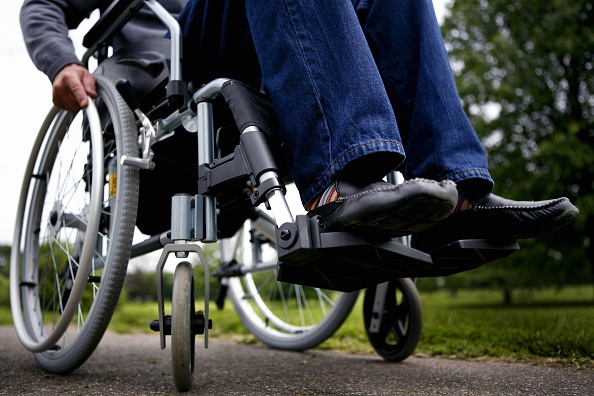
ONE IN 10 (10.4 per cent) Black, Minority, and Ethnic (BME) disabled workers are unemployed compared to nearly one in 40 (2.6 per cent) white non-disabled workers, according to the latest analysis by Trades Union Congress (TUC).
Disabled black or ethnic minority women are almost three times as likely as white non-disabled men to be working in insecure employment (six per cent to 2.2 per cent).
The TUC, an organisation supporting unions, released its new analysis today (14), which highlighted the challenging labour market for disabled BME workers.
This makes it harder for them to access necessary medical appointments as shifts can be unpredictable.
It also found that non-disabled workers now earn approximately 14.6 per cent more than their disabled counterparts.
Other major findings include:
Paul Nowak, general secretary, TUC said: “We all deserve to be paid fairly for the work we do. But disabled people continue to be valued less in our jobs market.
“It’s time for a step change. Labour’s New Deal for Working People would be an absolute game changer for disabled workers.
“It would introduce mandatory disability pay gap reporting to shine a light on inequality at work.
“Without this legislation, millions of disabled workers will be consigned to many more years of lower pay and in-work poverty.”
The research also unveiled regional disparities, with the highest pay gaps observed in Wales (21.6 per cent or £2.53 per hour) and the South East (£2.78 per hour).
Furthermore, industry-specific variations were identified, with the financial and industrial services sector exhibiting the largest pay gap at 33.2 per cent (£5.60 per hour).
Fazilet Hadi, head of policy at Disability Rights UK reacted to the latest analysis: “Yet another set of appalling statistics about the deep and systemic inequalities disabled people face in getting into work, maintaining secure work and progressing at work.
“We need UK Government to ensure benefits meet basic living costs, to increase targeted employment programmes for disabled job seekers, strengthen employment laws on flexibility and reasonable adjustments and introduce disability workforce monitoring.”